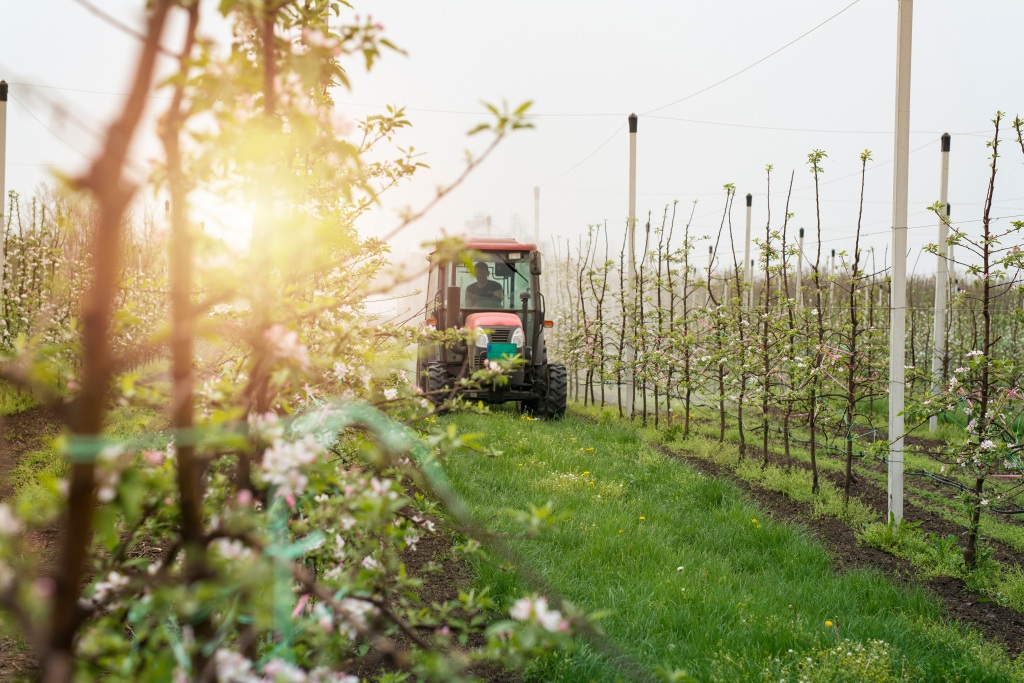The Good Food Finance Network is developing a new financing mechanism – the Good Food Finance Facility – to expand finance into sustainable and equitable food systems.
The Facility aims to:
- Support co-investments and provide bridging funds
- Develop new financial instruments
- Leverage standards for mutual accountability through a Good Food Investing Framework
The EAT Foundation and the UNDP SDG Impact will co-lead the development of the Good Food Investing Framework, based on the SDG Impact Standards – global management practice standards that fill the gap between high-level principles of human rights, sustainability, and responsible business on one side, and performance on the other. The Framework will start with a targeted guide for investments in the food system – the ‘Practitioner’s Guide for Investing in Sustainable Food Systems Transformation’ (‘The Guide’).
This food sector-specific guide will:
- Guide investment decision-making
- Promote coherence and impact across portfolios
- Support investors in benchmarking progress through self-assessments
- Shift finance norms over time
- Promote knowledge exchange and understanding of goals and guardrails (1.5°C + imperatives)
- Coordinate action toward sustainable food systems.

Unlocking Sustainable Investments in Food Systems
Read the joint article to learn how the complex global food systems landscape holds tremendous opportunity for sustainable investment.
As part of the Framework, this Practitioner’s Guide will be supported by a tailored “12 Impact Actions for Investing in Sustainable Food Systems”. This Framework will be:
- Anchored in the best available science. The guidelines will be developed in a way that systematically anchor them in the most robust, available science and scientific targets for healthy, sustainable, and just food systems. That includes (but not limited to): SDGs and best available evidence and scientific targets and guardrails, as they emerge and evolve, including those of the EAT-Lancet Commission’s landmark report from 2019, relevant IPCC and IPBES reports, the Kunming-Montreal Global Biodiversity Framework, as well as the ongoing Food System Economics Commission, and EAT-Lancet 2.0.
- Taking into account interdependency across the SDGs, and the importance of optimizing impact, including by avoiding or significantly reducing negative impacts, leaving no-one behind and creating a just transition for all.
- Aligned with reporting and benchmarking frameworks, including but not limited to GRI, the LEAP Framework from TNFD, World Benchmarking Alliance, and the UNEP Land Use Impact Hub and its KPIs directory.
- Tested by practitioners. Over a series of sessions, the development team will go through training and selected exercises/group work with the participants, who will get the chance to complete a self-assessment and begin using the guidelines. Through the “working group” format, they will also get the chance to learn from each other, and the emerging lessons will feed into the resulting Practitioner’s Guide.
- Leading to the creation of a self-assessment tool for food systems investors.
We need your input to help shape the Good Food Investing Framework that will serve as a reference for financial decision-makers.

Add your voice by signing up for the global consultation below:
We will keep you informed and reach out when the consultations start. Thank you for your interest in aligning investment with equitable and regenerative food systems!


